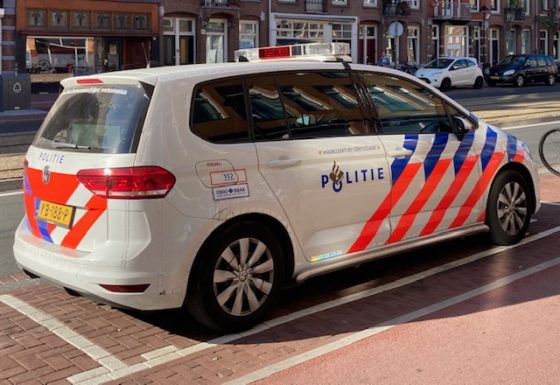Police struggle to deal with people with psychiatric problems


Three in four police officers do not know how to cope with people with psychiatric problems and need more training and back-up from mental health services, a survey by investigative journalism platform Investico has shown.
Confrontations between officers and disturbed or confused people often escalate and end in violence, occasionally leading to serious physical harm or death. Some 16 people died between 2016 and 2019, either through self-harm or direct police action, according to figures from anti police violence campaigners Control Alt Delete.
Three quarters of the 1,000 respondents said they feel helpless in a confrontation and 65% said they were not sufficiently equipped to deal with people whose behaviour is caused by psychiatric problems.
Some 75% of the officers have been in situations where the situation got out of hand with the person self-harming or attacking them while 85% said disturbed people are ‘sometimes’ or ‘often’ very aggressive. ‘Some want to fight and wait for you’, one officers said.
Over half of the officers said they had to resort to violence while 10% said they had to do so often. ‘We are fighting people who are sick in the head. It’s sad it has had to come to this’, an officer from Limburg said.
Police union Nederlandse Politiebond said they were working with the mental health services to improve training so violent incidences can be avoided. However, the union said, the problem of people with mental health issues presenting a danger to themselves or others is not a problem that can be solved by the police.
‘The extent to which we encounter the problem is not in line with a democratic civilisation,’ spokesman Jan Struijs said.
Call outs
Last year the police were called out 96,000 times to deal with people causing disruption due to psychiatric issues, double the 2011 total.
There are various reasons for the increase, including cuts in the number of beds in psychiatric institutions, as part of a care in the community approach. The number of beds in institutions has gone down by one third in the past few years.
The people police were called to deal with include psychiatric patients who live at home, drugs users and homeless people, and around 10% of cases are elderly people with dementia.
Thank you for donating to DutchNews.nl.
We could not provide the Dutch News service, and keep it free of charge, without the generous support of our readers. Your donations allow us to report on issues you tell us matter, and provide you with a summary of the most important Dutch news each day.
Make a donation